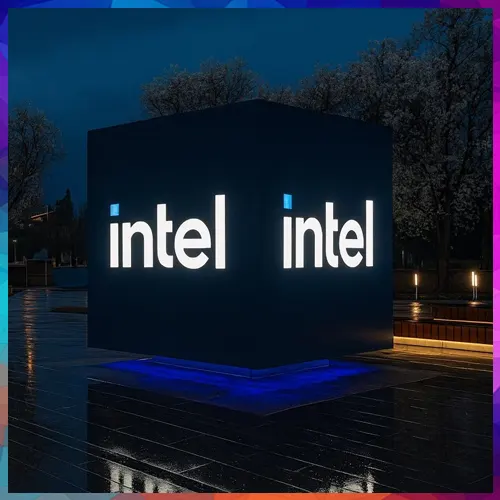
Intel has stated that the company has laid out new risks as the U.S. government’s 9.9% stake in the chipmaker could pose risks to its business, from potentially harming international sales to limiting its ability to secure future government grants. The company laid out new risk factors in a securities filing.
The filing from Intel raised questions about the U.S. investment. Intel noted, for example, that it is uncertain if the deal may result in other government entities trying to convert existing grants into equity investments or if they might be unwilling to support future grants.
Intel's non-U.S. business may also be impacted by the U.S. government being a significant stockholder as this could subject the company to additional regulations or restrictions such as foreign subsidy laws in other countries, according to the filing.
Sales outside the United States accounted for 76% of its revenue last year while revenue from China contributed 29% to total revenue.
The company also said the shares to be issued to the U.S. government at a discount to the current market price are dilutive to existing stockholders.
The US government decided to convert $11 billion in government grants into an equity stake in Intel, the latest extraordinary intervention in corporate America by President Donald Trump.
Separately, Intel CEO Lip-Bu Tan said in a video posted on Monday by the Commerce Department that the company did not need the government funding.
"I don't need the grant," Tan said. "But I really look forward to having the U.S. government be my shareholder."
See What’s Next in Tech With the Fast Forward Newsletter
Tweets From @varindiamag
Nothing to see here - yet
When they Tweet, their Tweets will show up here.





























